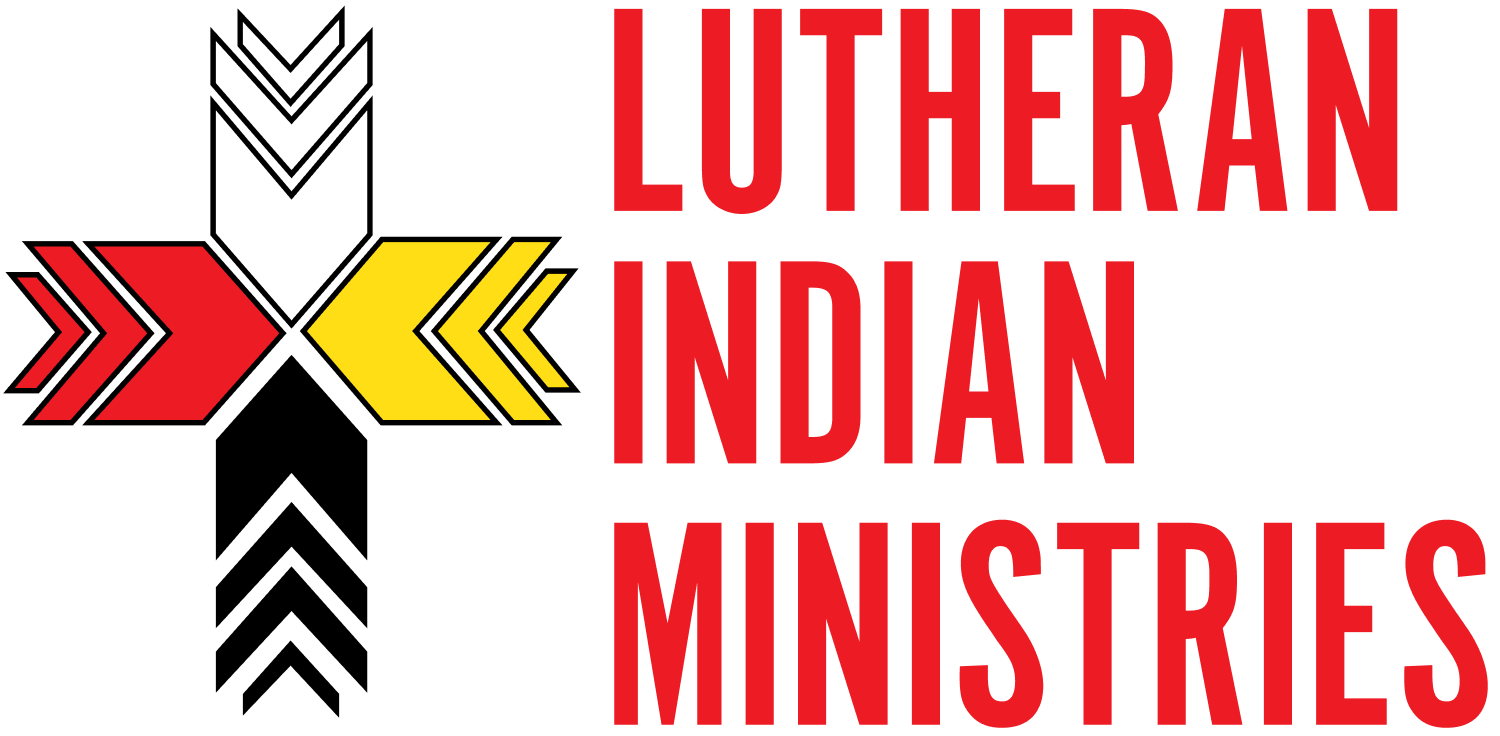Finding a Nehemiah Heart
In an effort to reanalyze and refocus my year and our ministry in Neah Bay, I recently reread Nehemiah and was struck, once again, by his heart.
Nehemiah lived a luxurious life. As the cup-bearer to Artaxerxes, the King of Persia, he was in a position of power in the royal court and lacked for nothing. He had never seen Jerusalem, as he was generations removed from the Babylonian Exile, but still felt a strong connection to his heritage and his ancestors. When he found out that the rebuilding of Jerusalem was going very poorly, Nehemiah says:
“When I heard these things, I sat down and wept. For some days I mourned and fasted and prayed before the God of heaven.” (Nehemiah 1:4)
Nehemiah had never seen Jerusalem in its glory days. He didn’t personally know the people who had returned and were scraping to make a life in the broken city, but when he heard of their suffering and difficulties, he sat down and wept.
This is remarkably similar to what many Native Americans, and those close to Native ministry, feel daily. We don’t know what life was like prior to reservations. We don’t know what it was like when our ancestors had solid familial systems and strong men as leaders within the community. We’ve heard all the stories and seen the pictures, but we can never truly know how it felt to live at that time.
Instead, we know about broken families. We know about poverty on reservations, addiction, and a suicide epidemic so large that communities are in a state of emergency.
This makes me sit down and weep. I don’t personally know all the people hurting, but as a member of the Cowlitz tribe, these are all my people. This is my Nehemiah Problem, and I long for a time when the nations will be rebuilt into a thriving and productive people.
In our community, on the Makah Reservation, we see all of the same problems as the larger native population. And the base of it all, from our perspective, stems from two main causes: the lack of stable families (headed by strong men) and the lack of Christ.
When I first came to Makah Lutheran, we wanted to really bolster the community and to do that wanted to reach out (and draw in) the men and the leaders. I remember my wife, Connie, praying one day and simply calling out “Send us men!” That was five years ago.
We now have a thriving Men’s Bible Group that regularly attracts 10-11 men. I strive to teach and guide these men to be servant leaders in their homes and in the Makah community. I want to teach them as Jesus taught the disciples on the road to Emmaus after his resurrection, leading them on a journey through the Bible and showing them the work of the cross from one end to the other. And just like those two disciples, I want these Makah men to see Jesus afresh and to begin to truly understand what they are to do next.
We are reaching the Makah one family at a time as the men step up and lead with a Christ-like heart.
We still have a long way to go, but this is the need in our native ministry, and it is my heart’s desire as I look forward to our ongoing ministry in Neah Bay. This is my Nehemiah Problem.
All of us involved with Lutheran Indian Ministries, staff, donors, and volunteers alike, have the opportunity to serve a broken culture. We have the incredibly difficult task of grabbing a group of people out of a downward spiral that has been going on for centuries.
Because of the great burden on his heart, Nehemiah asked Artaxerxes to send him to Jerusalem to rebuild the city. Not only did he take a chance by asking the king for a favor, but he took a chance by leaving his comfortable place to travel to an unfamiliar part of the world to work on a nearly impossible task.
We, at Lutheran Indian Ministries, must follow Nehemiah’s lead. We have to ask our King to help us with this nearly impossible task of reaching a culture that is in desperate need of His love. And, even more difficult, we have to step out of our comfortable place to make the impact necessary to see real change.
I look to this year as a season of growth and achieving the impossible through Christ’s strength, and I look forward to the ministry work we will do together.
-Winston Wilson, Neah Bay, Washington

